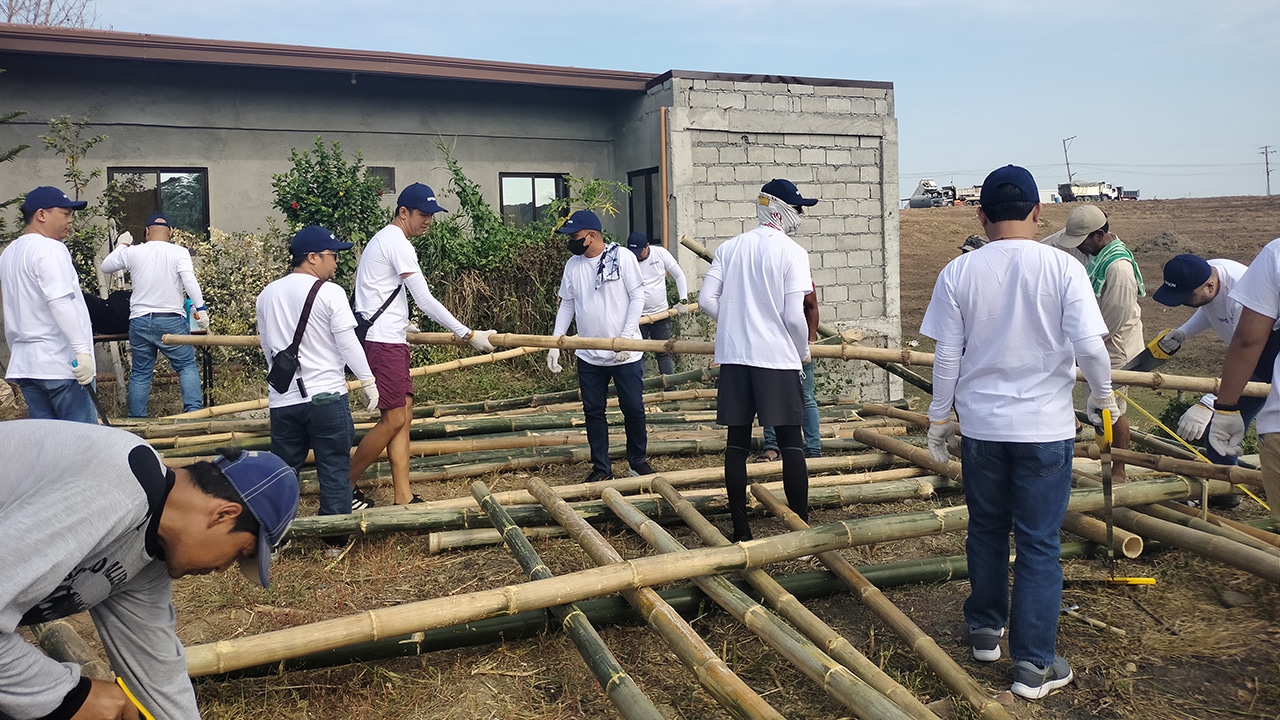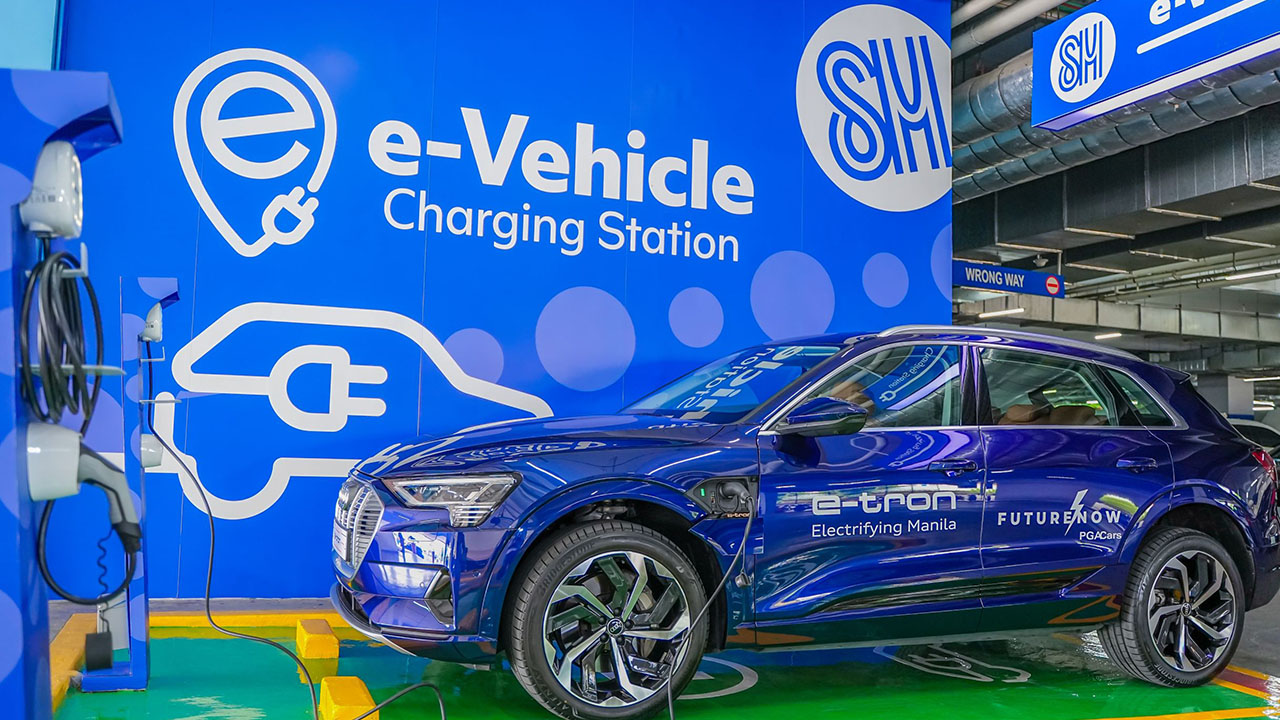To achieve this, the two organizations recently built a Food Shed Farming System in Tarlac City. The system utilizes a food shed model that acts as a modular greenhouse made of locally available materials and uses green and natural farming technologies such as composting, rainwater harvesting, and natural pest and disease control.
WWF Philippines project manager Monci Hinay stated that the system is an agriculture-based livelihood intervention that promotes sustainable production, integrates the elements of low-impact urban agriculture technologies, and provides communities with food security while operating within planetary boundaries and protecting habitats and biodiversity.

Epson volunteers, together with WWF Philippines representatives, local government officials, and representatives from the City Agriculturist Office, participated in the construction of the food shed in San Jose de Urquico, Tarlac. The food shed will directly provide livelihood opportunities to caretakers who will manage the overall production of high-quality vegetables and poultry products and facilitate linkage to local community buyers of the produce and livestock products.
Epson’s second food shed is located in Sapang Tagalog, Tarlac. With these two locations, Epson and WWF Philippines aim to train community members in food production, value chain, and business development. The project also seeks to improve access to high-quality and locally produced food for households in San Jose de Urquico and Sapang Tagalog, and improve the resilience of low-income communities to stresses brought by the pandemic and climate change.
Masako Kusama, president and director of Epson Philippines, emphasized the company’s commitment to enriching communities and enabling them to achieve sustainability. She stated that the climate-adaptive food shed farming technology is key to building resilience among communities who do not have direct access to food sources like farmland or municipal fishing grounds and can ultimately protect them against hunger and disruptions in food supply.
The project includes technology transfer sessions for partner communities in Tarlac to help them manage their foodsheds. Members of the community will learn about sustainable food production, value chain development plan formulation, and financial literacy and savings mobilization. Continuous learning activities will be executed to enhance the skill sets of the community members in successfully growing crops and producing livestock products.
In line with promoting bayanihan or community work, the community-managed food shed showcases the multiple benefits of compact and protective farming and urban agricultural production. The establishment of the food shed will also provide an avenue for the community to work together towards a common goal of addressing food security and livelihood.









